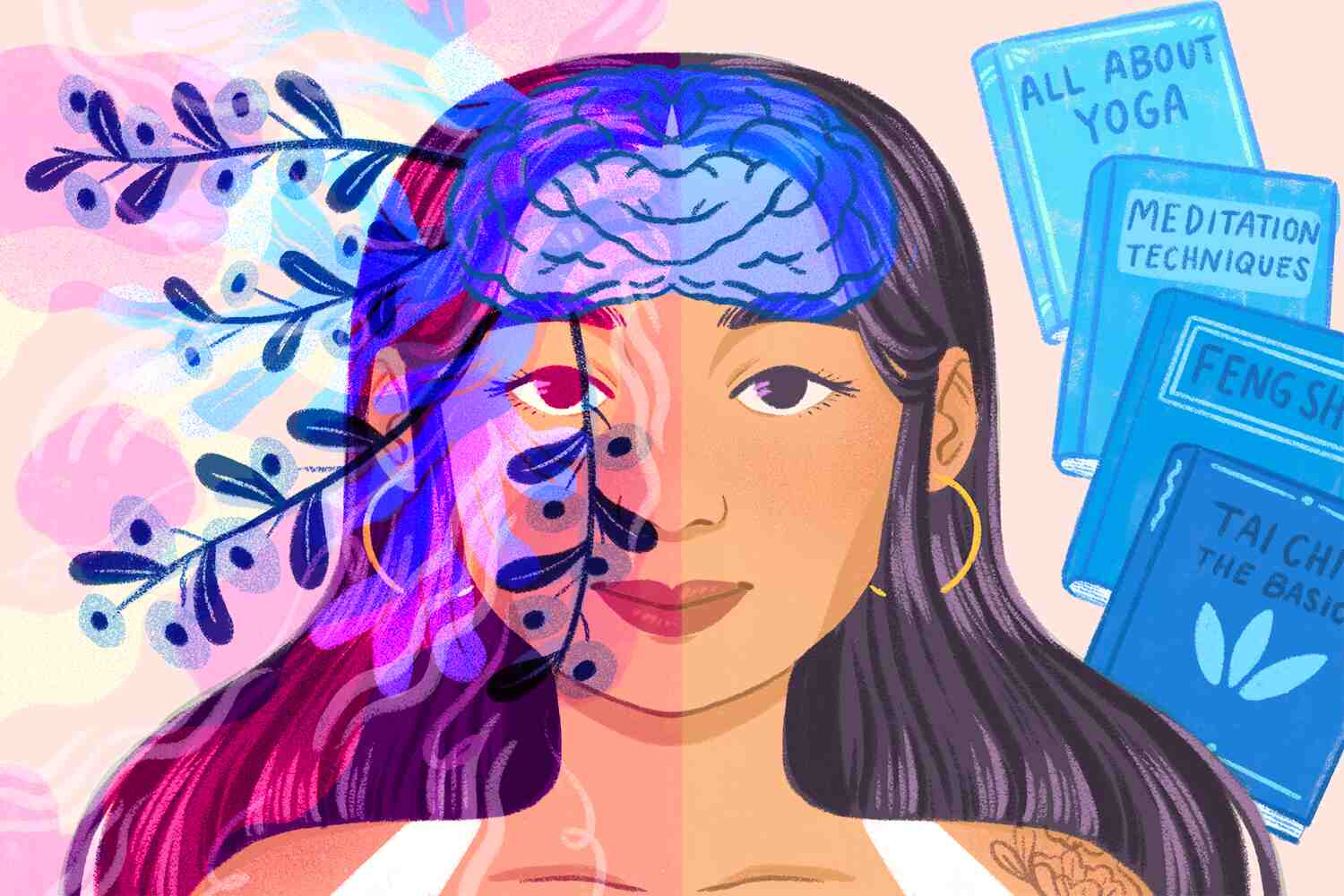Crystal Bryce, a researcher of hope in youths and adults, underscores its significance, noting how higher levels of hope are a key to better mental health, it can also reduce stress and contribute to lower depression risk.
Bryce’s research highlights the evolving nature of hope levels among children, showing a decrease during certain transitions. However, fostering hope skills, such as goal-setting, can buffer stress and enhance achievement.
Moreover, hope fosters connection — during the pandemic, those with higher hope levels experienced greater school connectedness, even in remote learning settings. This sense of connection serves as a protective factor against depression.
In an educational context, Bryce’s studies also reveal the importance of colleague support for teachers. Those who reported emotional exhaustion amid the pandemic had lower levels of hope, while those who received support demonstrated higher hope levels.
Process Of Healing And Key To Better Mental Health
A woman’s journey to a therapist’s office marked the beginning of a transformational path from distress and depression to resilience and hope.
Her story, one that echoes the struggles many face, began when her husband of two decades revealed his newfound love for another person. The shock and emotional upheaval were so profound that, at the age of 47, she suffered a heart attack, leading to a period of disability from work.
Amid the ruins of her world, a beacon of hope emerged in the form of professional help that not only facilitated her recovery but empowered her to thrive once more.
Dr. Dan Tomasulo, a counseling psychologist and academic director of the Spirituality Mind Body Institute at Teachers College of Columbia University, became the guiding light in this journey of healing.
He explains that the very core of her identity had been shaken, causing her world to crumble within a matter of days. With dedication and expertise, Tomasulo embarked on a process of healing that extended beyond recovery from depression.
The essence of his approach lay in cultivating hopefulness, an essential tool that can enable individuals to surmount obstacles, conquer inertia, and move forward.
Hopefulness, as Tomasulo and other mental health experts assert, is not an inherent trait but a skill that can be learned and honed. The transformative power of hopefulness lies in its ability to counter depression, suicidal thoughts, and other challenges.
Disturbingly, recent surveys reveal that hopefulness is in short supply, particularly among certain populations.
The CDC reported that 57% of U.S. teenage girls felt persistently sad or hopeless in 2021, while an analysis of Census Bureau data by the Kaiser Family Foundation indicated that 32.3% of U.S. adults reported anxiety or depressive symptoms in 2023.
This shift towards hopefulness is pivotal, given its potential to be a lifeline. Dr. Tomasulo advocates a positive psychology approach, emphasizing the importance of developing a hopeful mindset.
Educators have also joined this movement, launching programs that instill hope among youths and workers alike. The essence of hopefulness lies in cognitive hope — the ability to set goals, stay motivated, and navigate pathways even in the face of obstacles.
One of the distinguishing features of hope is its unique relationship with adversity. Unlike other positive emotions, hope thrives on the backdrop of negativity. To foster hopefulness, Tomasulo employs an analogy of pebbles and feathers.
Pebbles represent negative thoughts, while feathers symbolize positive ones. The journey towards hopefulness involves increasing the ratio of feathers to pebbles, enabling positive emotions to carry greater weight.
Tomasulo’s therapeutic approach includes guiding individuals to focus on gratitude and positive aspects of their lives.
In the case of the woman with a heart attack, he encouraged her to reflect on the support she had received from friends and the joy of spending time with her beloved horse.
The journey from despair to hope is a testament to the transformative power of hopefulness. As individuals navigate challenges and upheavals, the ability to cultivate hope emerges as a cornerstone of mental well-being.
Dr. Tomasulo’s approach, coupled with the research of experts like Crystal Bryce, underscores the potential of hopefulness to shape lives, foster resilience, and light the way toward a brighter future.


